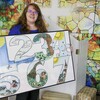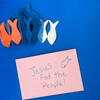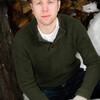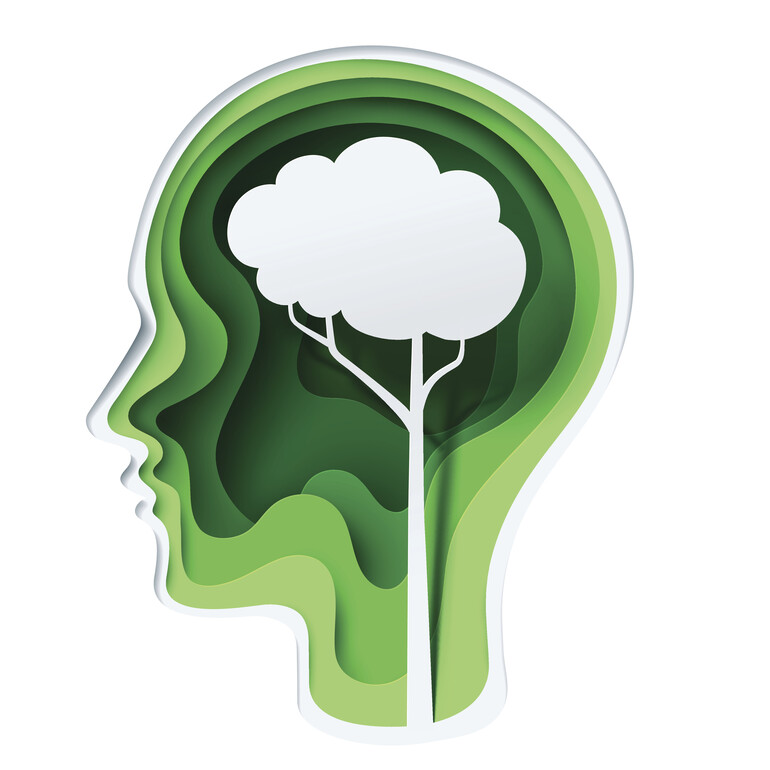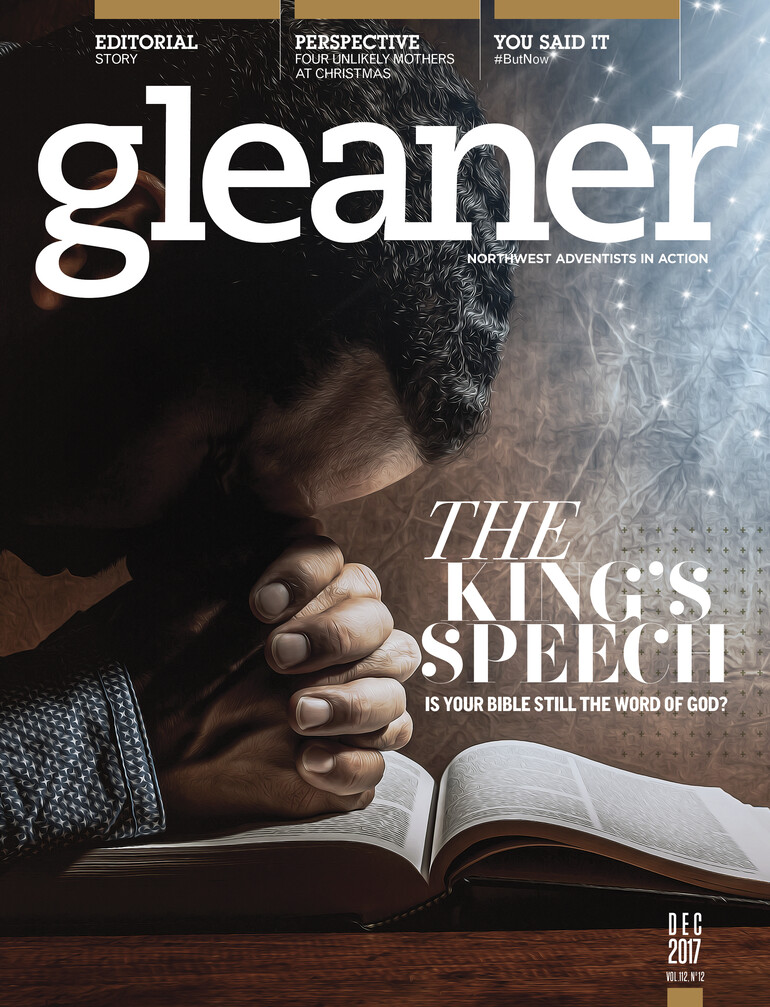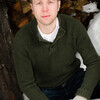Change is a dirty word for a lot of people — until they get stuck. Sometimes when we get stuck along the way in life, the time we spend in that stuck place can make us wonder if anything can get better. Recently I came across something that gave me hope for those times when the structure of my life feels more like a prison than a playground.
In her book Proust and the Squid: The Story and Science of the Reading Brain, Maryanne Wolf observes that humans “were never born to read.” While that point may border on pure heresy to book lovers, she goes on to say, “Reading has no direct genetic program passing it on to future generations.” The brain uses three design principles to accomplish reading that include “the capacity to make new connections among older structures; the capacity to form areas of exquisitely precise specialization for recognizing patterns in information; and the ability to learn to recruit and connect information from these areas automatically.” Eventually, “merely imagining letters results in activation of particular neurons in our visual cortex.” Expert readers find their information is automatically fed deeper into other visual processing areas.
Wolf then elaborates on what she describes as the human brain’s amazingly “open architecture.” She chronicles the staggering way the brain applies “highly automatic rules about the sounds of the letters in the English writing system” and how it uses “a great many linguistic processes to do so.” She marvels over how “the brain doesn’t find just one simple meaning for a word; instead it stimulates a veritable trove of knowledge about that word and the many words related to it.” All this is done in nanoseconds — which is so cool it should make you want to read … wait, I guess you are already.
Furthermore, Wolf describes how the brain is able to “go beyond the original design of its structures.” While she approaches this amazing topic from an evolutionary perspective, believers can contemplate what purpose God may have had in giving the human brain such a capacity.
Wolf comments that a structured environment is especially helpful in learning how to read. A person learns better when they are in the presence of those speaking a language and when they are surrounded by the history and traditions kept by those people. This relates to the subject of media ecology and how media environments shape our humanity. Marshall McLuhan, in his classic treatise on media and humanity, Understanding Media: The Extensions of Man, observes how the human mind and behavior are intrinsically connected to the continual expansion of technology within our environment.
And here lies the challenge for us all. Our minds can expand to embrace great good or great evil. The technology that grows all around us by leaps and bounds is a conduit to worlds that can help or hinder our spiritual journey. Our God-given freedom to choose means our brains will expand to embrace whatever we feed them.
If we determine to incline our minds toward positive things, there is much to learn from Scripture. So many texts come to mind when I reflect on the adaptability of our brains. One text says, “And we all, with unveiled face, beholding the glory of the Lord, are being transformed into the same image from one degree of glory to another. For this comes from the Lord who is the Spirit” (2 Cor 3:18). Another classic exhorts, “Do not be conformed to this world, but be transformed by the renewal of your mind, that by testing you may discern what is the will of God, what is good and acceptable and perfect” (Rom. 12:2).
Without veering into the realm of perfectionism, these texts, combined with what we know about the mind, give me hope that wherever our characters may be today — they can change. Whatever our knowledge base is today, it can increase. We aren’t static beings, which means our families, workplaces and maybe even our churches can change to things that, at least from our current vantage point, may not seem natural or possible. The fact you can read this column demonstrates the fact.
Wolf's comment that our brain goes beyond the original design of its structures provides an amazing object lesson for other areas of our life. The group dynamic structures to which we currently adhere don’t have to determine how our family grows in the future. The ways of thinking passed down to us can shift — it’s in our nature. We may be the unfortunate recipients of a sinful nature, selfishness and a tendency to disturb the peace, but we can grow to make positive changes. Paul reminds us, “We were buried therefore with him by baptism into death, in order that, just as Christ was raised from the dead by the glory of the Father, we too might walk in newness of life” (Rom. 6:4).
You are capable of thinking new thoughts, living a new life and transcending old structures by God’s grace. May Jesus give us the empowering grace to try, to trust, adapt and walk in the fullness of new life.

